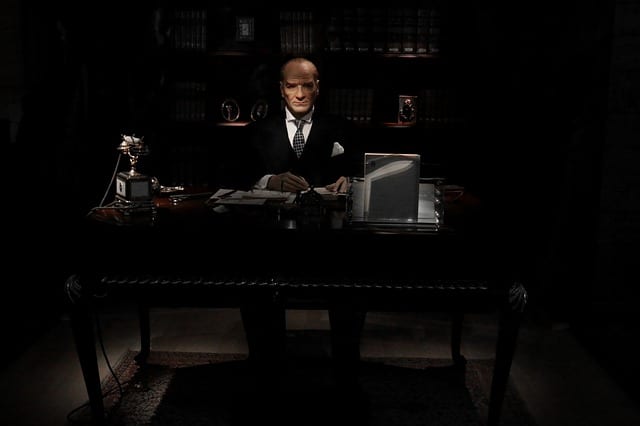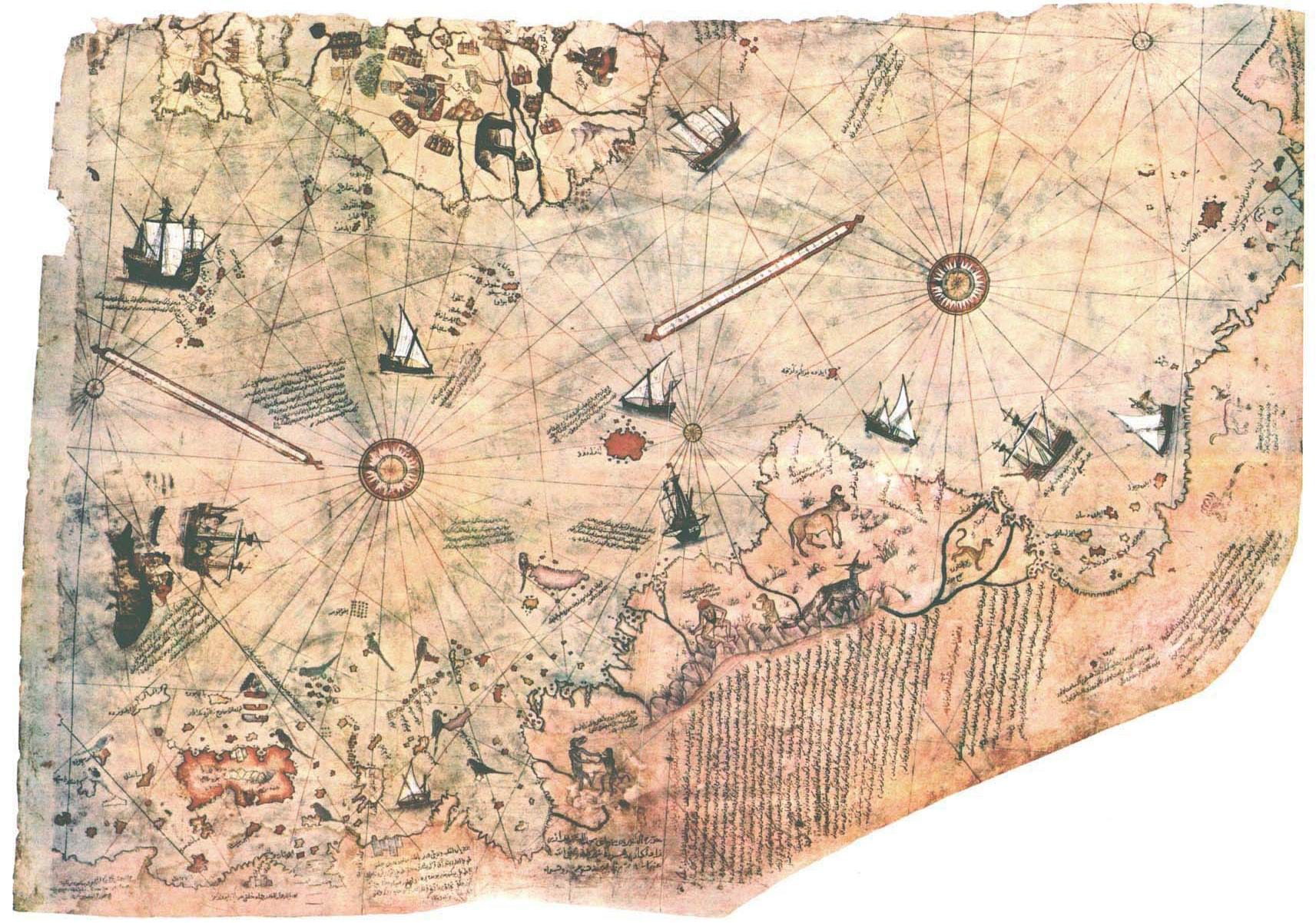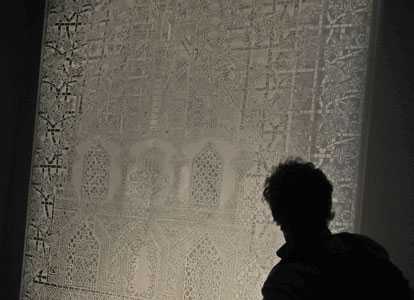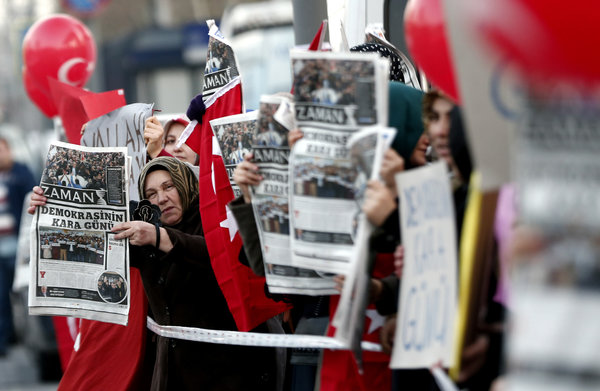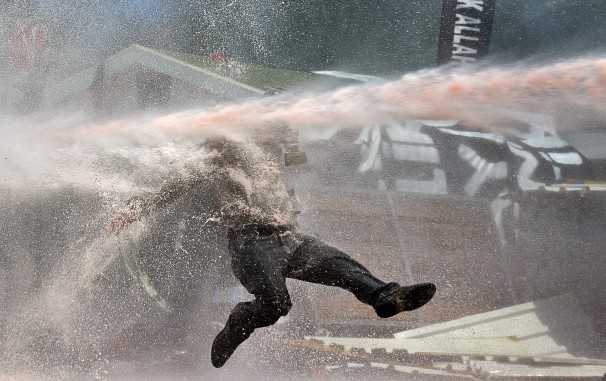THE TURKISH TIMES
January 15, 1996
HAGOP (MARTAYAN) DILACAR: A TRIBUTE TO A GREAT TURKISH-ARMENIAN LINGUIST
By: Ayhan Ozer
Today, we remember a great Turkish-Armenian linguist who rendered enormous services to the Turkish language.
Hagop Martayan, a philologist and an expert in the science of encyclopedia, was born in Istanbul in 1895. A graduate of the American Robert College, he dedicated his entire life to the study of languages and was an expert in the Turkish language. He studied the etymology of Turkish words, meticulously tracing their origins since their earliest recorded coinage, their transmissions from one language to another, analyzing the words into their component parts, identifying their cognates in other languages, and tracing them to a common ancestral root.
Later, Mr. Martayan became an instructor and an administrator at the Robert College. He participated in World War I as a reserve officer. Then he lived in Europe for a while. In 1932, Ataturk was impassionate with giving back the Turkish language its true identity, and clear it from the shadow of the Ottoman Turkish. He himself an orator and a master in using the Turkish language, he knew the expressive power of the Turkish, and he had a burning desire to liberate it from the shackles of Arabic and Persian influence. When he heard about Hagop Martayan, who was at that time in Bulgaria, invited him to Turkey. When he met Mr.Martayan he became impressed with his knowledge and expertise. He appointed him to the First Turkish Language Convention (Türk Dil Kurultayı). Around that time, a law making the surnames mandatory was at the legislature. Ataturk suggested that Mr. Martayan took the last name DILACAR, meaning “tongue opener”, which Martayan graciously accepted.
After the Turkish Language Convention, Mr. Dilacar became the Head Expert in the Turkish Language Association (Türk Dil Kurumu). Later, he taught languages at the universities and high schools. Starting in 1936, he taught for fifteen years The History of Linguistics, and General Linguistics at the Philology Department of the Language, History & Geography Department (Dil,Tarih & Cografya Fakultesi) of the University of Ankara. He was the advisor to the Turkish Encyclopedia, and later he became its chief editor. Mr. Dilacar passed away on September 12, 1979 in Istanbul.
Hagop Martayan Dilacar contributed generously to the enrichment of the Turkish language and culture. He worked tirelessly to elevate and refine the Turkish language. We remember him with respect, gratitude and admiration.
Ayhan Ozer
============
Ayhan Ozer
Ayhan Ozer
Ayhan Ozer is an engineer by profession; he holds an MSc degree from the Technical University of Istanbul. He and his family have been living in the United States since 1971.
Mr. Ozer has been active in the Turkish cause in a variety of capacities as president, vice president, public relations director, fund raiser, writer and lecturer to name a few.
He and his wife Angul were among the founding members of the Assembly of the Turkish-American Associations (A.T.A.A.) in May 1980 in Washington D.C. At that time he was elected the regional V.P. of the Assembly and worked tirelessly in that capacity until 1986.
His dedication, vision, broad experience and knowledge in issues related to Turkey, and his writings and commentary have always been an asset for the Turkish community. He served twice as the president of T.A.F.S.U.S. (Turkish-American Friendship Society of the United States) in Philadelphia, the Regional P.R. director of the Federation of Turkish-American Associations in New York, and most recently served as the P.R. chairman of the faith-based Turkish cultural organization in Pennsylvania (Turkish-American Muslim Cultural Association).
He served for ten years as the Editorial Page Editor of The Turkish Times published in Washington, D.C., and contributed articles to that publication as a Political Analyst.
He continues writing opinion articles on a regular basis for area newspapers such as Bucks County Courier Times and Asbury Park Press.
He is also a lecturer and a luncheon speaker. His credits in that area include Princeton Rotary Club, Rutgers University, Bucks County Community College and various churches.
Mr. Ozer speaks Turkish and French, and lives in Pennington, New Jersey.

